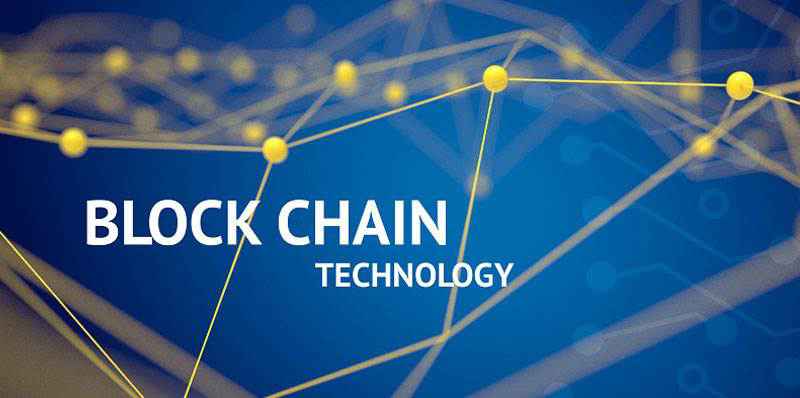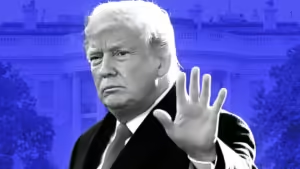Revolutionizing Debt Markets with Blockchain: Insights from PV01 Founder Max Boonen

Quick Take:
- PV01 founder Max Boonen delves into the hurdles of debt access and the transformative power of tokenization in capital markets.
- Boonen explores the shift from traditional provider-centric markets to token-based systems in DeFi.
- PV01 employs a unique approach using SPVs to tokenize bonds, enabling seamless access to debt markets.
Debt markets have long been entrenched in traditional financial frameworks, often riddled with complexities and barriers to entry. However, the emergence of blockchain technology is poised to revolutionize this landscape, offering a pathway to greater accessibility and efficiency. Max Boonen, the visionary founder of PV01, sheds light on this transformative journey.
In a recent discussion, Boonen highlighted the challenges plaguing debt capital markets, emphasizing the hurdles faced by both issuers and investors. Traditional avenues for accessing capital have been marred by inefficiencies and intermediaries, limiting participation and stifling innovation. However, the advent of blockchain introduces a paradigm shift, paving the way for tokenization to reshape these markets fundamentally.
PV01 stands at the forefront of this evolution, offering a groundbreaking platform that leverages blockchain to streamline debt transactions. At the heart of PV01’s innovation lies the concept of tokenization, wherein bonds are represented as digital tokens on a decentralized network. This novel approach not only enhances liquidity but also democratizes access, empowering a broader spectrum of investors to participate in debt markets.
Central to PV01’s model is the utilization of Special Purpose Vehicles (SPVs), which serve as conduits for tokenizing bonds. Through this mechanism, PV01 acquires bonds and issues corresponding tokens, effectively bridging the gap between traditional finance and blockchain. These tokens not only represent ownership of the underlying asset but also inherit its value and characteristics, offering a seamless transition to a digital ecosystem.
Boonen elucidates the transformative potential of tokenization in the crypto space, underscoring its role in democratizing finance. By eliminating intermediaries and fostering direct peer-to-peer transactions, token-based markets usher in a new era of efficiency and inclusivity. This shift aligns with the ethos of DeFi, decentralizing financial infrastructure and placing greater control in the hands of users.
Moreover, Boonen emphasizes the importance of regulatory compliance in this evolving landscape, advocating for frameworks that foster innovation while safeguarding market integrity. As blockchain continues to disrupt traditional paradigms, regulatory clarity becomes paramount, ensuring a harmonious integration of decentralized technologies with existing frameworks.
The journey towards blockchain-powered debt markets is not without its challenges. Boonen acknowledges the need for robust infrastructure and industry collaboration to realize this vision fully. Education and awareness also play a crucial role, as stakeholders navigate the complexities of this emerging terrain.
In conclusion, the fusion of blockchain technology and debt markets heralds a new era of accessibility and efficiency. With pioneers like PV01 leading the charge, the democratization of finance becomes more than a distant dream—it becomes a tangible reality. As we embark on this transformative journey, the principles of innovation, inclusivity, and collaboration will serve as guiding beacons, shaping the future of capital markets in the digital age.



